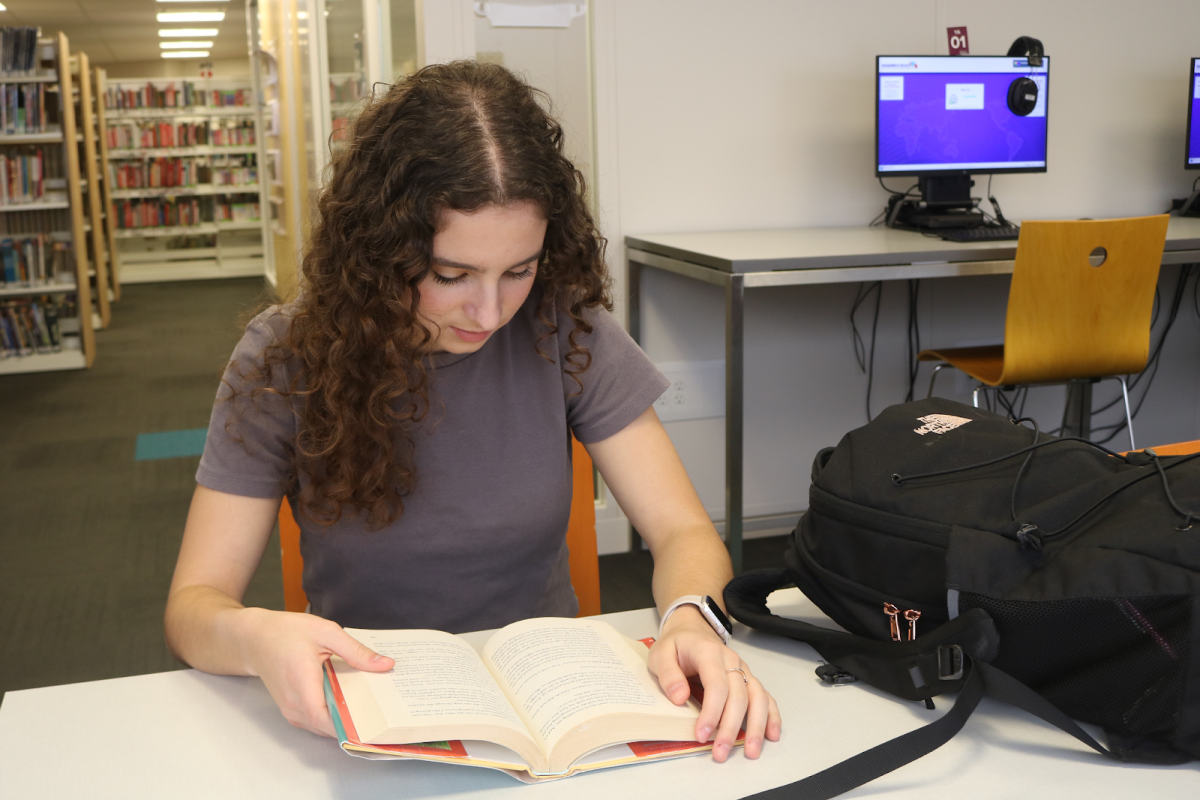Consider the reality of a typical high school experience (“Madison,” a junior, will be used for fictitious display):
Madison starts her day in full awareness of her conduct, keeping the student dress code in mind as she rummages through her summer clothes. Finally satisfied with her choices after displacing a new pair of yoga pants and a blue lace bandeau recently declared indecent by the administration, she proceeds with her education and hurries off to class. In first period, she is greeted by a procession of harmony; all students in agreement with the information as it is taught. With the occasional deterrent, her teacher continues in lecture and leads the class in concession of some expected belief. About half-way into second period, Madison raises her hand and asks if she can get a drink from a nearby fountain. “You should have taken care of that during passing period,” her teacher replies, and, accepting, she settles back into her seat. Toward the end of the day, Madison picks up a copy of a fresh off the press student newspaper, and walking out of the building, textbooks in hand, she reads: “Why the school dress code is fair.”
The value of American education in relation to our democracy is a misfortune far removed from ideal.
First of all, let’s establish a disparity between decency and regulation. Is it indecent for a student to sport an “offensive” t-shirt to class or is it indecent to restrain the youth of a society whose first amendment guarantees the right of free expression? As a nation, we seem to hallow our democratic philosophy as a principle impervious to compromise, as if the practice of religious and social tolerance is something to be preserved above all else. Here, we are led to incongruity. If our youth is our future, the American system of education needs not only to teach the values of a democracy but to implement these values through imitation and encouragement.
On many occasions, the degree and content of student regulation has proved antithetical to justice.
According to the 1988 Supreme Court ruling Hazelwood v. Kuhlmeier, any public school newspapers that have not been established as an open student forum are subject to regulation, “so long as their actions are reasonably related to legitimate pedagogical concerns.” This is the first and most injurious facet of our irony. Since its conception, the freedom of the press has served American society as an outlet through which the common citizen is allowed to learn and be learned. Ensuring individuals the opportunity to communicate their concerns not only promises equality in information but discourages unrestrained corruption through the prospect of being revealed. Besides the fact that the definition of “legitimate pedagogical concerns” is wholly subject to the discretion of the adviser, the mere quality of prior review (in which administrators approve newspaper content before it is printed), especially in a place of learning, is contrary to reality and detrimental to self-rule.
As established by the American Civil Liberties Union through circuit court appeals as well as in the infamous Tinker v Des Moines case, students in public high school are permitted to wear clothing displaying their individual expression provided that it does not “forecast substantial disruption,” target an individual, or advocate the use of drugs. Again, we must consider the pretense of this ruling with it’s inherent disposition to subjective manipulation. Disallowing students the right to don what they please teaches them that their most intimate choices are not theirs to control (and from my understanding, pervades every sense of democracy). In cases where students have been punished for wearing non-US flag necklaces or having too long of hair, I would argue that there exists no aspect of “disruption;” that the only “substantial concern” is that of curtailing personal liberties and assenting to a subordinate class.
Further, the tendency of class discussions to lend to a singular view either through intimidation by the teacher or lack of confidence by the student reveals an environment of stagnation rather than growth. After all, the ability of an individual to dissent from expectation is the sole foundation of progress. How can any advancement be made in a system that answers those who “argue” against standards with a derogatory or dismissive phrase? One may challenge the validity of this argument and reject my claims as radical or unsound, but I can assure you first hand that any question of disagreement or proposition of “anti” belief is not often met with appreciation (let alone applause). Composure is the key to imperceptible self-defeat; and in order for an individual to realize their full potential and preserve democratic free speech, they must be encouraged to express every dissension that youth is bound to meet.









